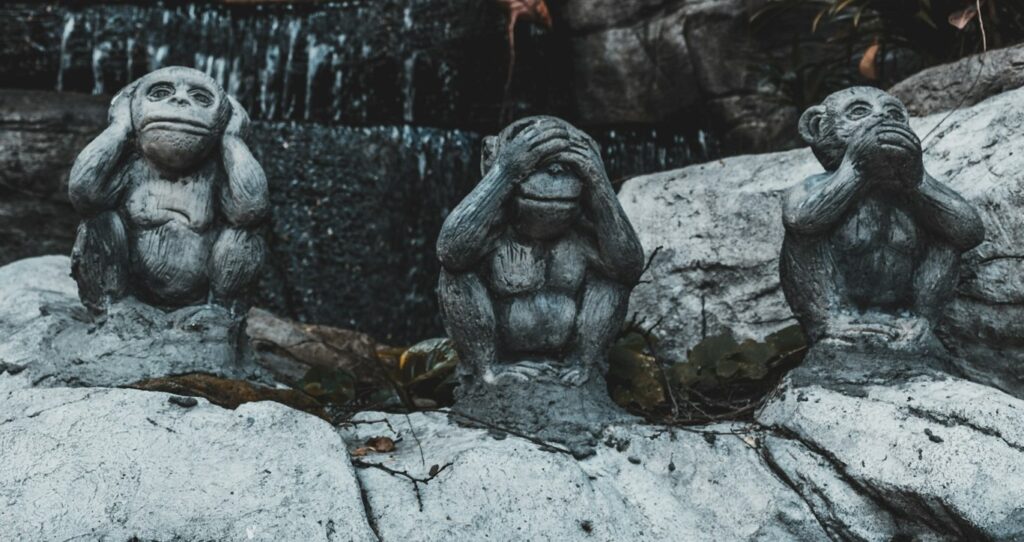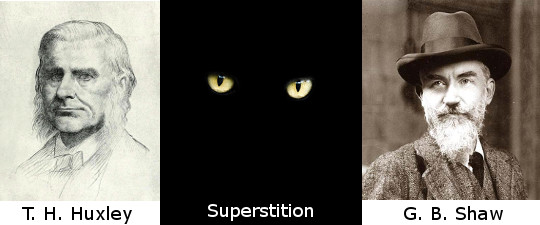Edgar Allan Poe? Samuel Johnson? William Johnson Neale? Dinah Craik? Apocryphal?

Question for Quote Investigator: The following hyperbolic proverb encouraging skepticism has been credited to the master of mystery and the macabre Edgar Allan Poe:
Believe half of what you see and nothing of what you hear.
Did Poe craft this saying?
Reply from Quote Investigator: The short story “The System of Dr. Tarr and Prof. Fether” by Edgar Allan Poe appeared in the November 1845 issue of “Graham’s Magazine”. The tale was set in a private hospital for the mentally ill, and the adage was spoken by the nominal head of the institution. Emphasis added by QI:1
“You are young yet, my friend,” replied my host, “but the time will arrive when you will learn to judge for yourself of what is going on in the world, without trusting to the gossip of others. Believe nothing you hear, and only one half that you see.
Thus, Edgar Allan Poe helped to popularize this expression, but he was not the first to use it. In 1831 William Johnson Neale published the novel “Cavendish: Or The Patrician at Sea” in which a character who was a naval officer employed the adage:2
“The rule with us is, believe nothing you hear, and but half you see.”
Hence, William Johnson Neale is a candidate for creator of the adage; however, QI believes the saying was probably already in circulation in the Royal Navy.
Below are additional selected citations in chronological order.
Continue reading “Quote Origin: Believe Nothing You Hear, and Only One Half That You See”


